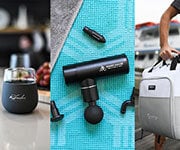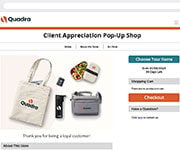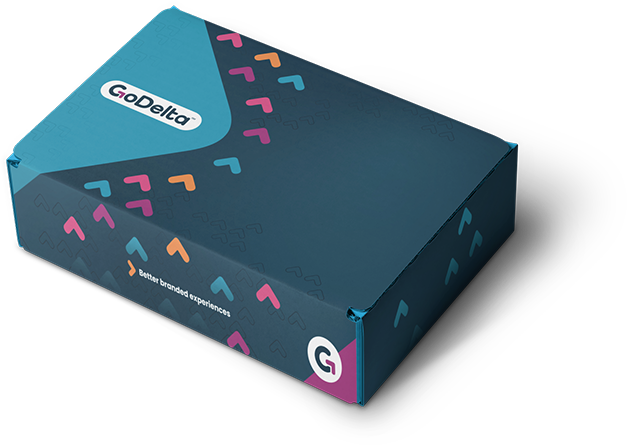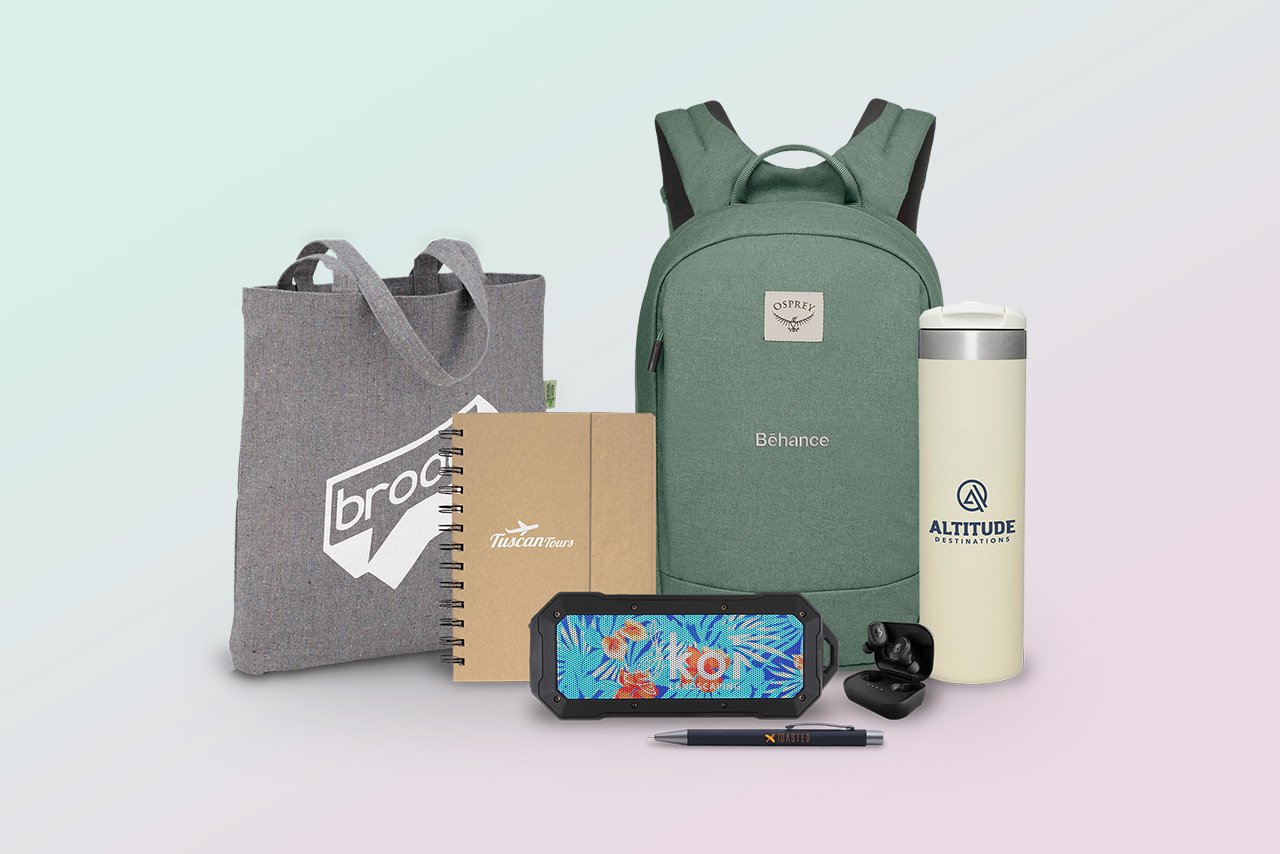7 Key Elements of Effective Trade Show Planning
Regarding trade show management, it's important to be prepared and know what elements are necessary to make the event lucrative. Here are some key strategies and tactics for creating a comprehensive trade show marketing plan.
1. Set Goals
Your trade show goals should be SMART - Specific, Measurable, Achievable, Relevant, and Time-bound. For example, instead of merely aiming to 'generate leads,' a SMART goal would be to ‘collect contact information of at least 30 potential customers during the duration of the event.'
Trade shows are great opportunities for promoting your brand and educating people about your company, but if you’re not walking away with measurable results, you’re not getting the best return on your investment.
2. Decide Who’s Attending and What They’re Going to Say
Your trade show staff should be knowledgeable, friendly, and outgoing. They should be willing and eager to greet attendees instead of waiting for prospects to ask them a direct question. They need to fully understand your products, goods, and services and be able to explain them to other people.
Consider having your team practice their greetings and other key points in front of their managers. Create a script or talking points for your team so they have something to refer back to when interacting with potential customers.
3. Review Your Trade Show Display and Plan the Logistics
Are your trade show graphics up to date? Are your trade show displays in good condition? Do you still sell the products that your banners and pop-ups are advertising? Review your current booth setup and decide if you need to order new display elements.
Remember, the main purpose of your trade show display is to tell attendees who you are, what you do, and how you can help them. Your banner display should be eye-catching – professionally designed with clear, readable text. Use consistent colors, fonts, and messaging to reinforce your brand's aesthetic.
And don’t forget to plan how you’ll transport your trade show display to the event. Select a lightweight and portable banner made of durable materials capable of enduring the energetic and slightly chaotic atmosphere.
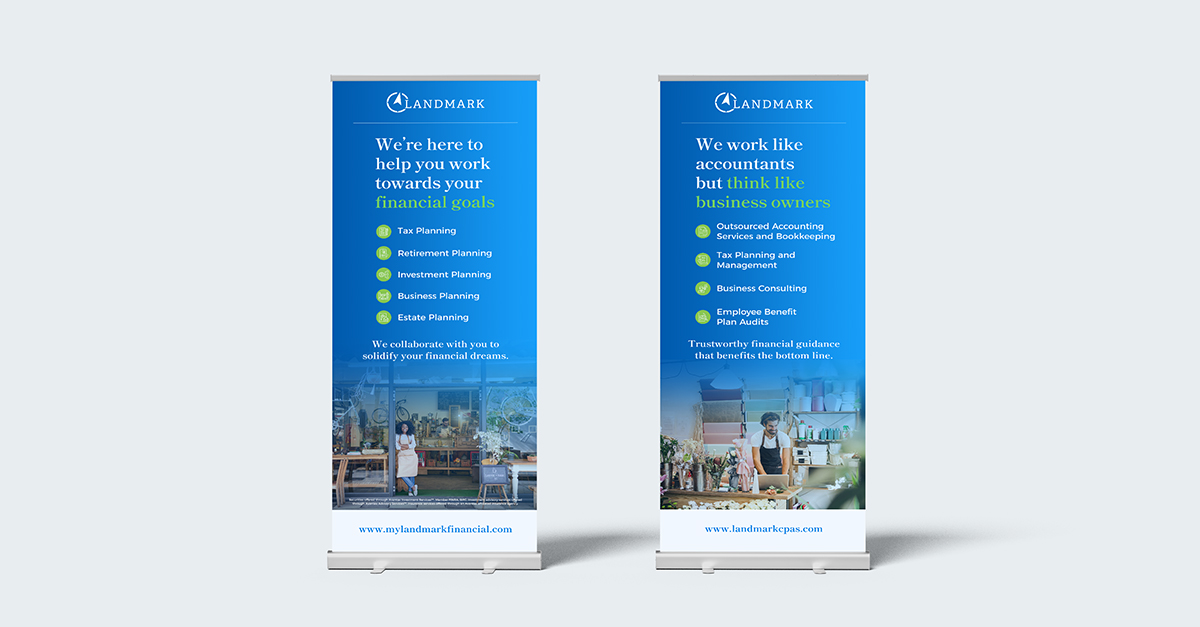
4. Take Stock of Marketing Collateral
Trade show attendees will expect you to have product information they can take with them. Be sure you have enough marketing collateral — think product brochures, whitepapers, data sheets, price lists, videos, and catalogs. Bring twice as many business cards as you think you’ll need. If you’re doing your job correctly, you’ll still run out by the end of the event.
Consider adding QR codes to your trade show marketing collateral. By doing so, attendees will have convenient access to your website and an avenue to learn more about your products/services.
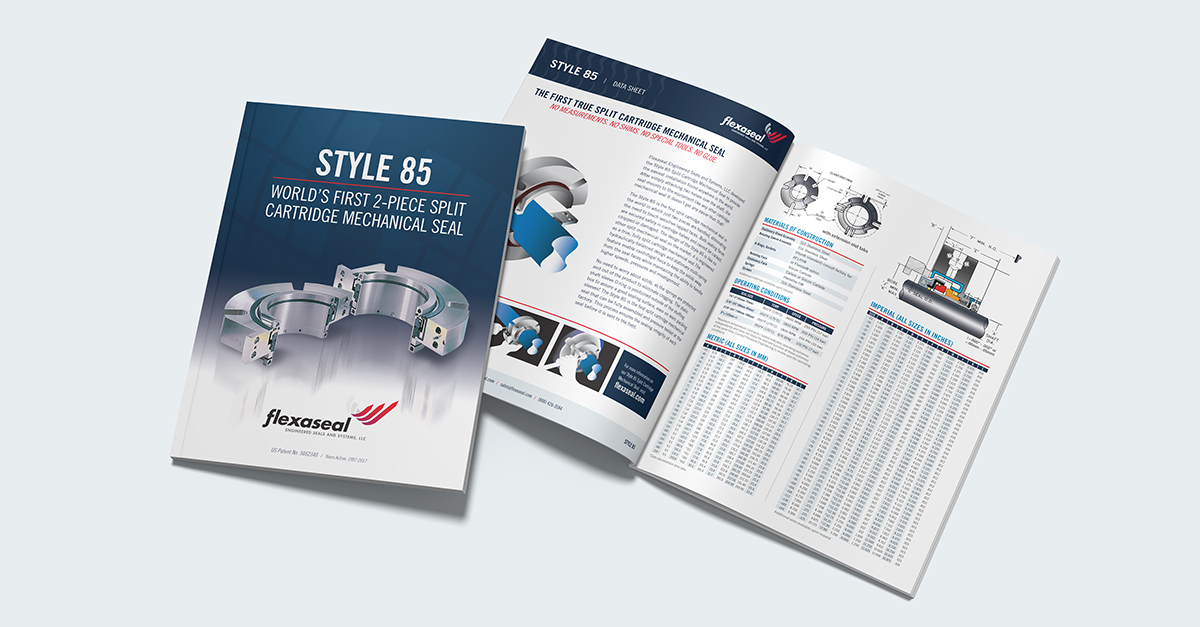
5. Order Promotional Products and Branded Apparel
Choose unique trade show giveaways that represent your company and are items attendees actually want to have. Be sure to get enough of each item so everyone who visits your booth can take one home.
If you choose to distribute more expensive items, ask attendees to fill out a contact form in exchange for the giveaway. They receive a memorable gift, and you get a list of qualified leads you can follow up with after the show – a win-win for everyone.
You may also want to consider investing in branded apparel like hats or jackets for employees onsite at the trade show. This is an excellent way to create a professional, unified appearance across all team members.
Act promptly to identify and secure the right trade show promotional products to maximize impact. The sooner you order, the more likely items will arrive in time for your event.
6. Tell the World You’re Going to the Event
You can drive people to your booth and connect with trade show visitors before the event even starts. Use social media to inform your contacts that you’ll attend the show. Post regular updates using relevant event hashtags, and consider sharing sneak peeks of your booth or products to generate buzz.
Create an email marketing campaign that utilizes the trade show list of attendees. Send personalized emails to this list, highlighting your event participation and what they can expect at your booth. Make sure you give people a reason to visit you. Are you launching a new product at the show? Performing a don’t-miss demonstration? Whatever it is, let people know about it.
7. Create Your Post-Event Strategy
Just because the trade show is over doesn’t mean your work is done. You need a lead nurturing campaign for all those people you spoke to at the show. Send an email to newly acquired contacts thanking them for visiting your booth. Publish post-show content on your blog and social media channels. Most importantly, measure trade show effectiveness. How many of your trade show leads became customers, and what’s a new customer worth to your company?
Here are a few key metrics to track:
- Qualified leads generated
- Cost per lead
- Sales conversion rate
- Booth traffic
- Social media engagement
Maximize Event ROI with a Complete Trade Show Marketing Plan
Successful trade show planning takes time and pays real dividends. Even in a pinch, you can plan and execute an effective trade show that generates leads for your business.
Get in touch if you’re looking for more hands-on support. Our team will help you develop and execute a trade show marketing plan tailored for your next event. From unique promotional giveaways and custom trade show displays to pre-show promotion and lead follow-up strategies, we have the expertise and resources you need to maximize trade show ROI.
Editor's Note: This post was originally published on February 28, 2014, and has been updated for accuracy and current best practices.

